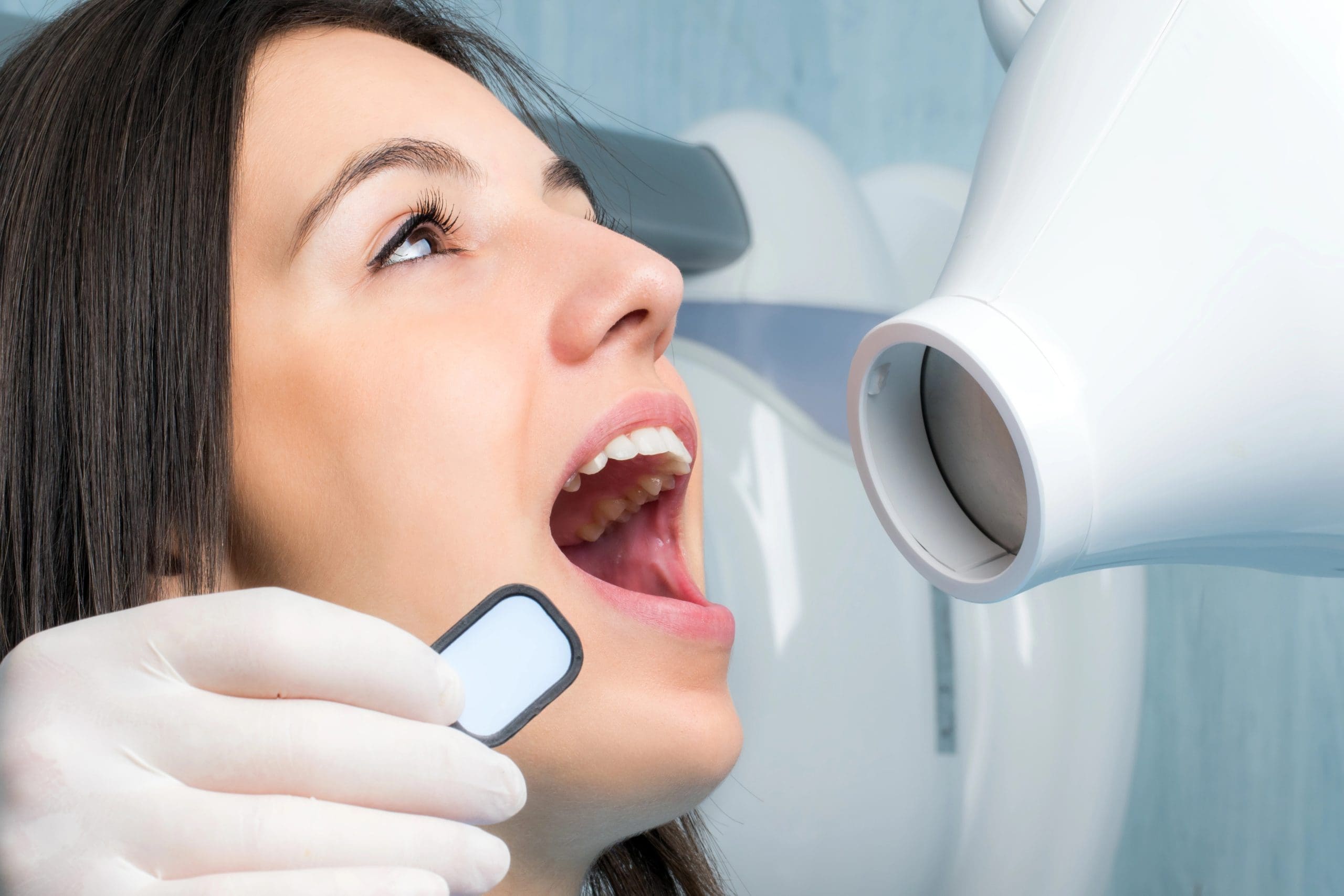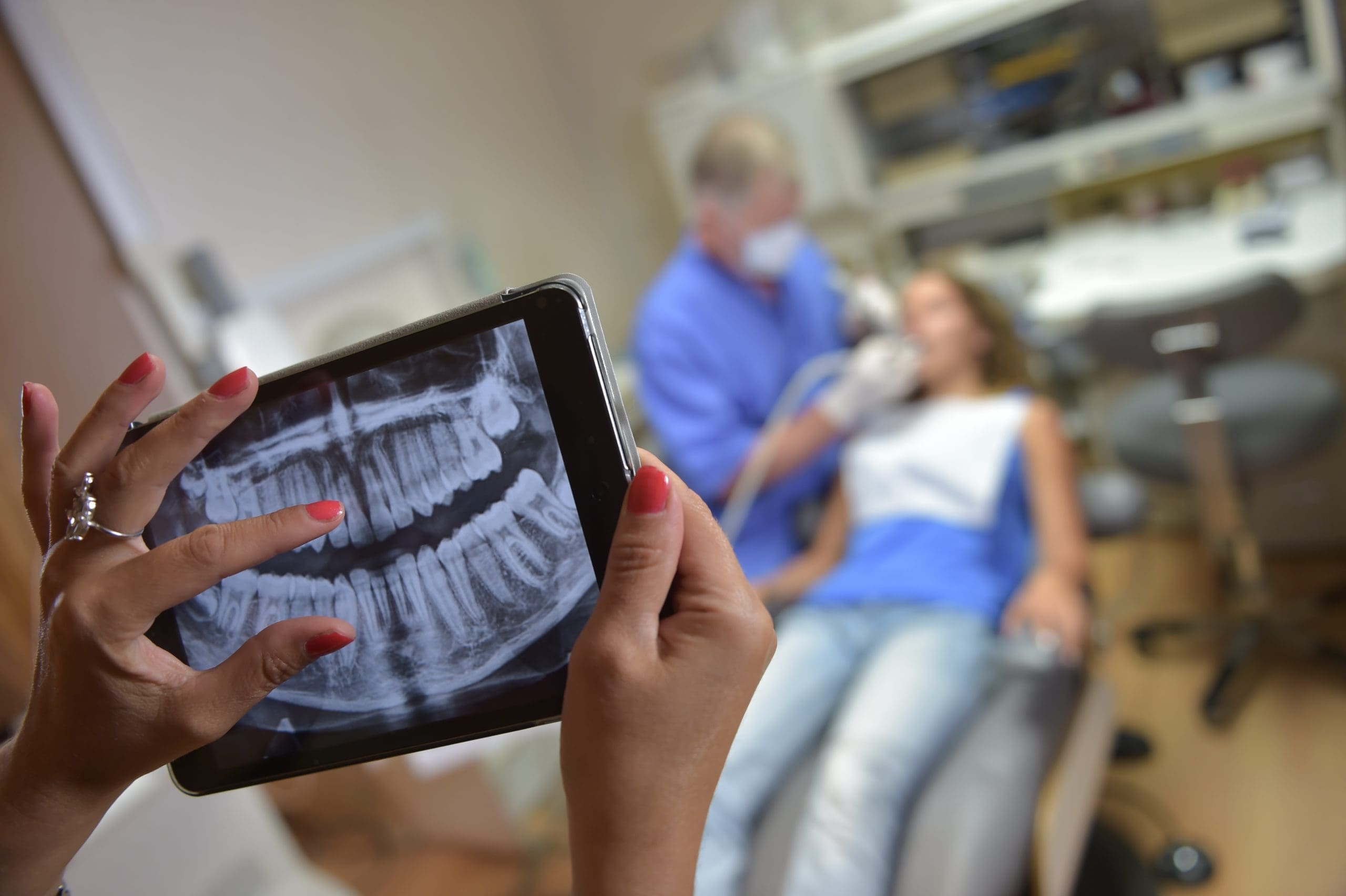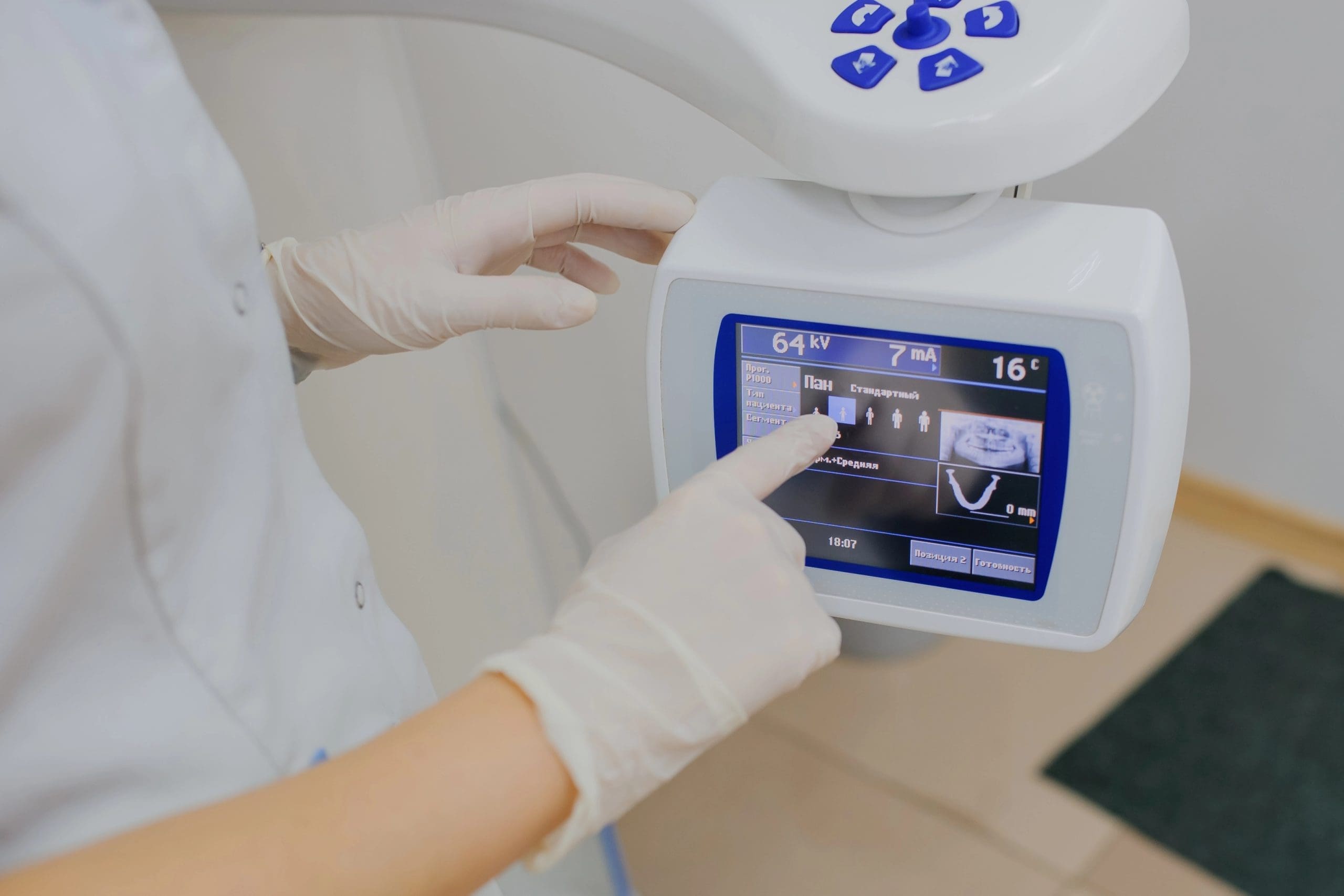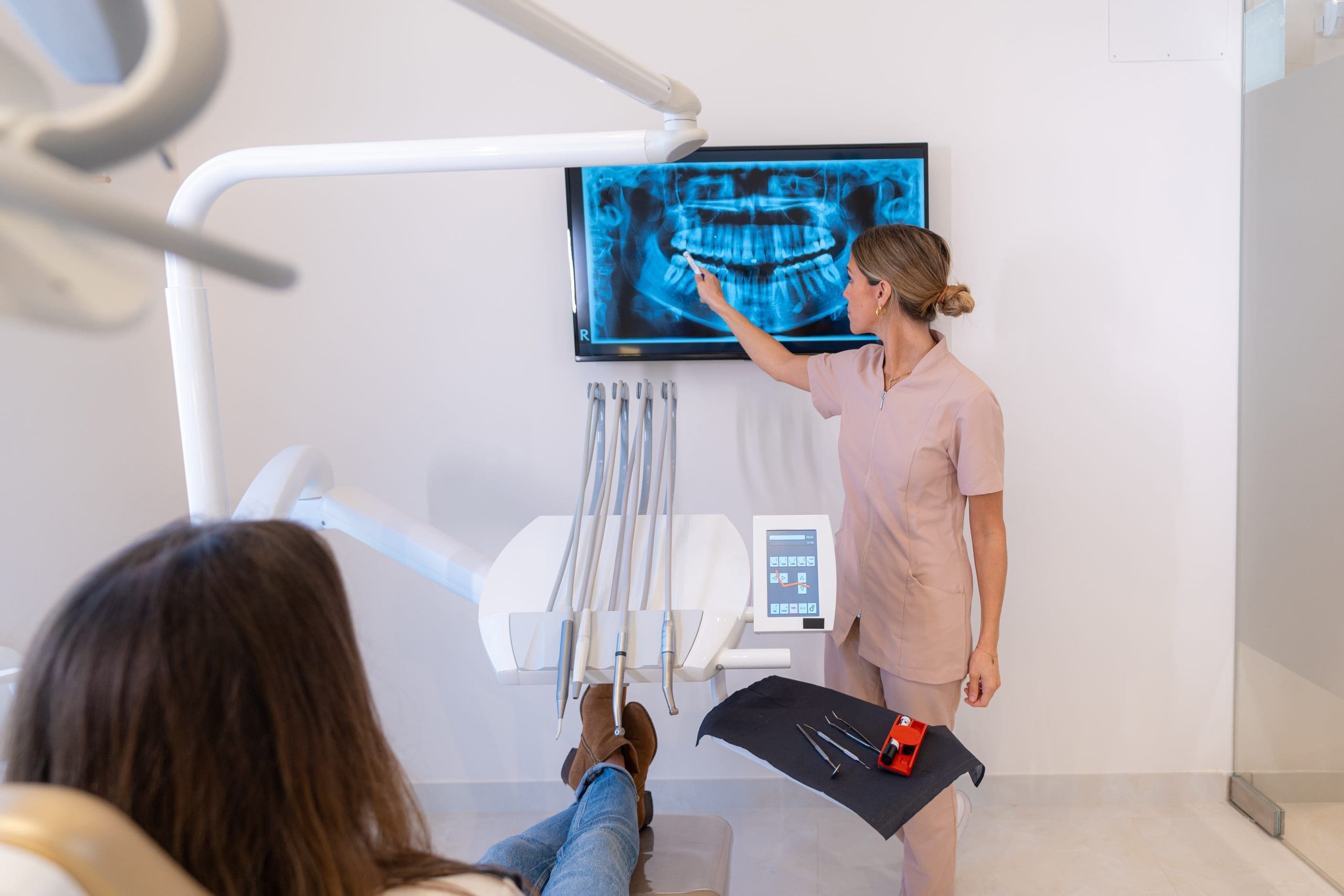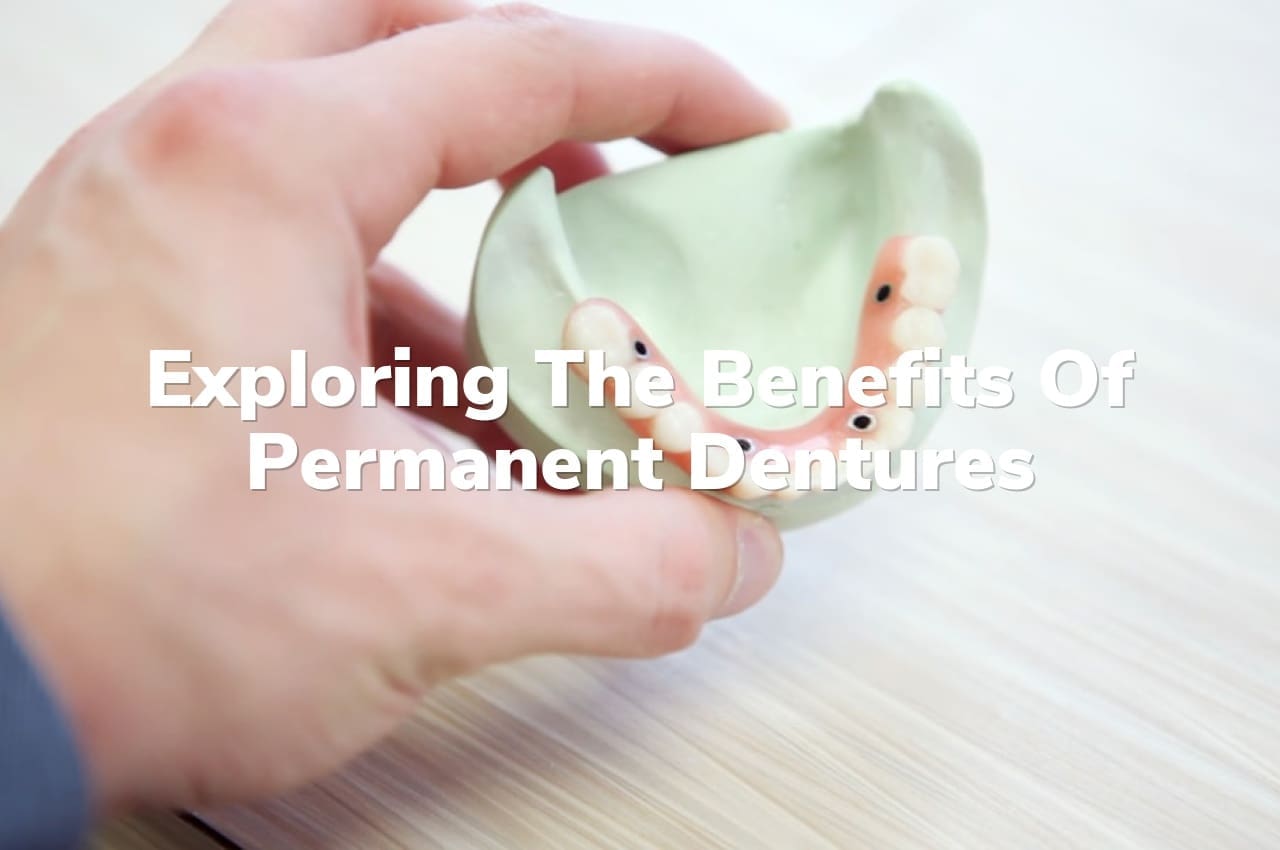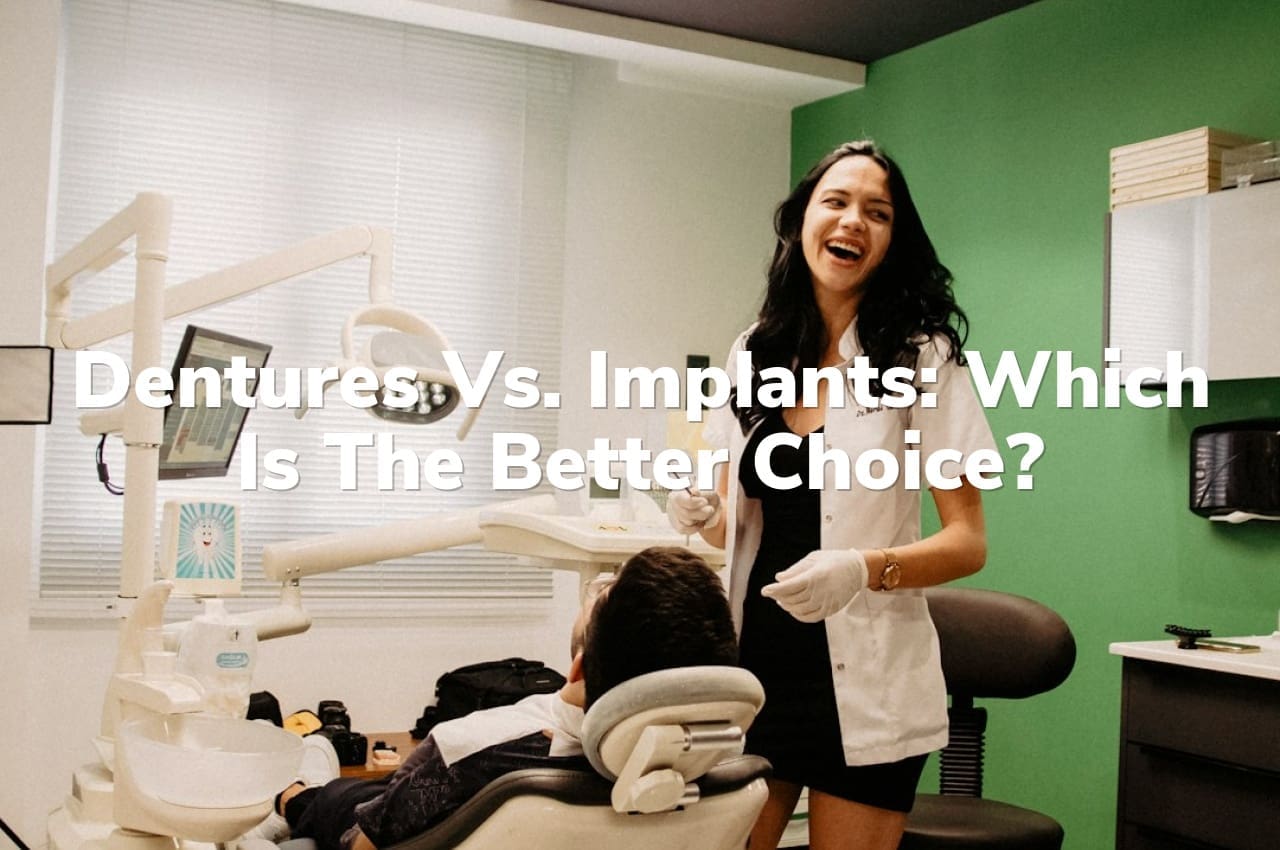Are you wondering how to approach your upcoming imaging procedure with safety in mind? Understanding digital X-ray safety tips can help alleviate concerns, as it involves knowing the general process and what to expect during the procedure. It’s important to communicate openly with healthcare professionals to ensure a smooth experience.
Digital X-Ray Safety Tips: Understanding Digital X-Ray Procedures
Digital X-rays are a modern adaptation of traditional radiography and are used extensively in medical diagnostics. Understanding how these procedures are carried out is crucial for any patient undergoing such tests. Digital X-rays convert the traditional photographic film process into a digital electronic process, thereby reducing the time it takes to produce an image and potentially decreasing the exposure to radiation. This technology allows doctors to get a clearer image to aid in diagnosis, ensuring that the process is as efficient as possible.
While the technology behind digital X-rays is advanced, the fundamental principles of safety remain paramount. It’s important for patients to have a basic understanding of what the procedure involves and how it is performed to ensure their own peace of mind. For more detailed information on the levels of radiation involved in digital X-rays and what they mean for you, consider reading Digital X-Ray Radiation Levels: What You Need to Know.
Importance of Accurate Patient Information
When undergoing any medical procedure, including digital X-rays, the accuracy of patient information is crucial. Ensuring that all personal and medical details are correct and up-to-date can significantly impact the safety and effectiveness of the process. Accurate patient information helps healthcare providers tailor their approach to each individual, minimizing risks and enhancing the overall safety of the procedure. This is particularly important in the context of digital X-ray safety tips, where precise data is essential for avoiding unnecessary exposure and ensuring that the imaging is performed correctly the first time.
In the realm of medical imaging, the role of clear and accurate communication cannot be overstated. It serves not only to protect patient health but also to streamline the diagnostic process. Accurate information contributes to the efficiency of using digital X-rays, reducing the likelihood of repeat scans and additional exposure to radiation. For those looking to schedule a procedure, ensuring your details are current can facilitate a smoother, safer experience. Book Your Okatie Digital X-Ray Today.
Common Concerns with Digital X-Rays
When discussing digital X-ray safety tips, it’s important to address some of the common concerns that patients might have. Digital X-rays, while a crucial tool in modern medicine for diagnosing and monitoring various conditions, involve exposure to radiation. This fact alone can make patients apprehensive. Understanding that these concerns are normal is an essential step in acknowledging the importance of safety in medical imaging. The use of digital X-rays has been refined over the years to ensure that the benefits outweigh the risks, focusing on minimizing radiation exposure while maximizing diagnostic effectiveness.
Role of Medical Staff During X-Rays
The medical staff plays a crucial role in ensuring the safety and effectiveness of digital X-ray procedures. Their responsibilities include preparing the X-ray room, positioning patients correctly, and operating the X-ray equipment according to strict safety protocols. By adhering to established digital X-ray safety tips, medical professionals help minimize any risks associated with radiation exposure and ensure that the process is as safe as possible for patients. For those seeking dental services, Hughes Dental Group Family and Cosmetic Dentistry provides care, with more information available through this Okatie Dentist.
Frequency of Digital X-Rays
When discussing digital X-ray safety tips, it’s important to consider the frequency of these procedures. Regular monitoring and judicious use of digital X-rays are general practices aimed at minimizing unnecessary exposure while ensuring that patients receive appropriate medical evaluation and care. The frequency with which digital X-rays are conducted generally depends on the specific medical or dental context, reflecting a balance between diagnostic benefits and minimizing exposure to radiation.
General Safety Measures in Radiology
When it comes to undergoing radiological procedures, understanding and implementing digital X-ray safety tips is crucial for minimizing exposure to radiation. General safety measures in radiology include ensuring that the X-ray equipment is regularly maintained and inspected by certified professionals to guarantee optimal performance and safety. Patients should always inform their healthcare provider of any possibility of pregnancy or existing medical conditions before an X-ray is performed. Additionally, wearing protective gear, such as lead aprons, can significantly reduce radiation exposure. By adhering to these guidelines, patients can enhance their safety during digital X-ray procedures.
Communication During X-Ray Procedures
Effective communication during X-ray procedures is a cornerstone of digital X-ray safety tips. It is crucial for patients to fully understand the process, what is expected of them, and how they can ensure their own safety. Before the procedure begins, make sure to ask any questions you might have about the X-ray process. The radiologist or technician should explain the steps involved, the duration of the procedure, and any specific instructions you need to follow, such as holding your breath or not moving for a certain period. Clear communication not only helps in reducing anxiety but also minimizes the risk of errors, ensuring a safer and more effective diagnostic process.
Overview of Digital X-Ray Technology
Digital X-ray technology has revolutionized diagnostic imaging, offering quicker results and enhanced image quality compared to traditional film X-rays. This advanced technology uses digital X-ray sensors instead of photographic film, reducing radiation exposure significantly. However, understanding digital X-ray safety tips is crucial for patients to ensure they are minimizing any risks associated with their exposure during the imaging process. By being informed about the technology and following recommended safety guidelines, patients can confidently benefit from the advancements of digital X-rays while maintaining their health and safety.
Patient Rights in Radiological Exams
When undergoing any radiological procedure, including digital X-rays, it’s crucial for patients to be aware of their rights to ensure their safety and well-being. Understanding your rights can significantly enhance your comfort and confidence during the process. Patients have the right to receive a clear explanation of the necessity and process of the X-ray, to ask questions about the risks and benefits, and to give informed consent before proceeding. Additionally, underlining digital X-ray safety tips, patients should be informed about the measures taken to minimize radiation exposure, which is a fundamental aspect of patient rights in radiological exams. Always feel empowered to discuss these protections with your healthcare provider.
Conclusion
For further inquiries on digital X-ray safety tips, please call us at 843-705-7066 or read our reviews on Google Maps.

